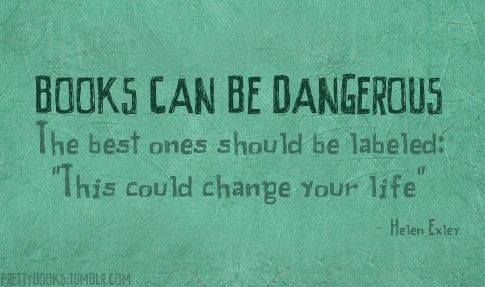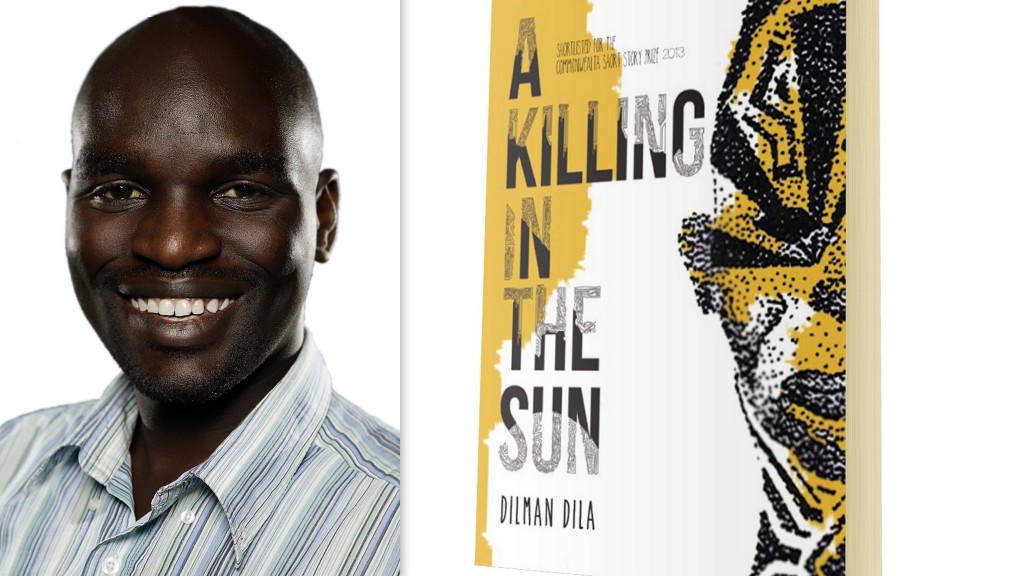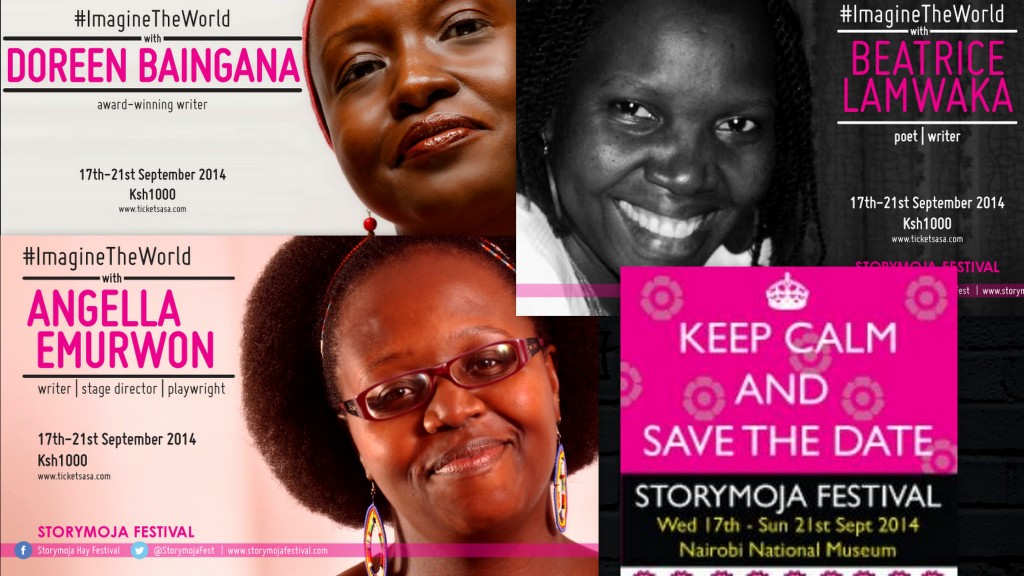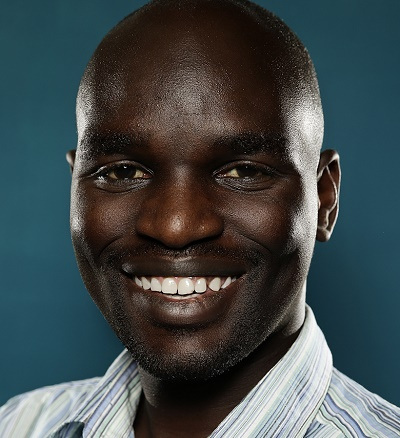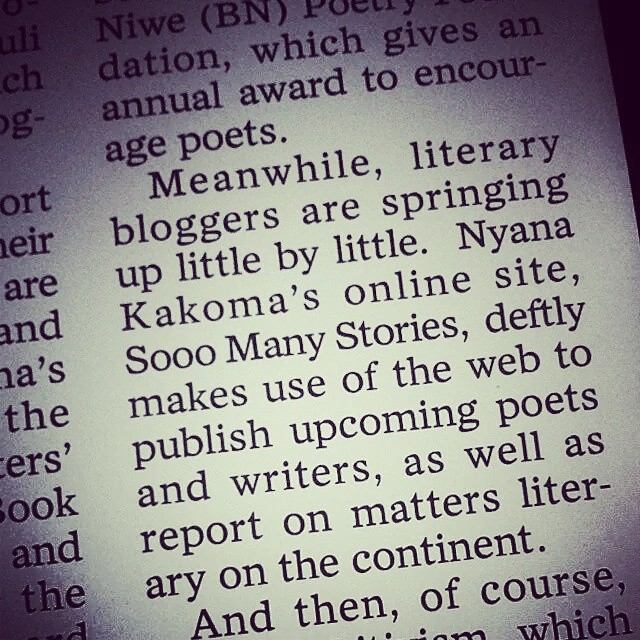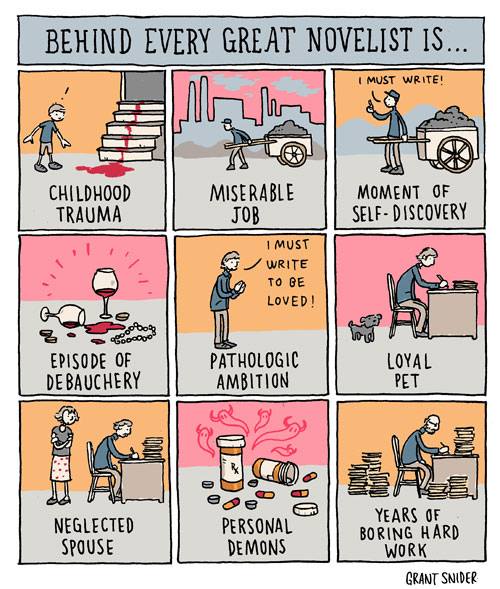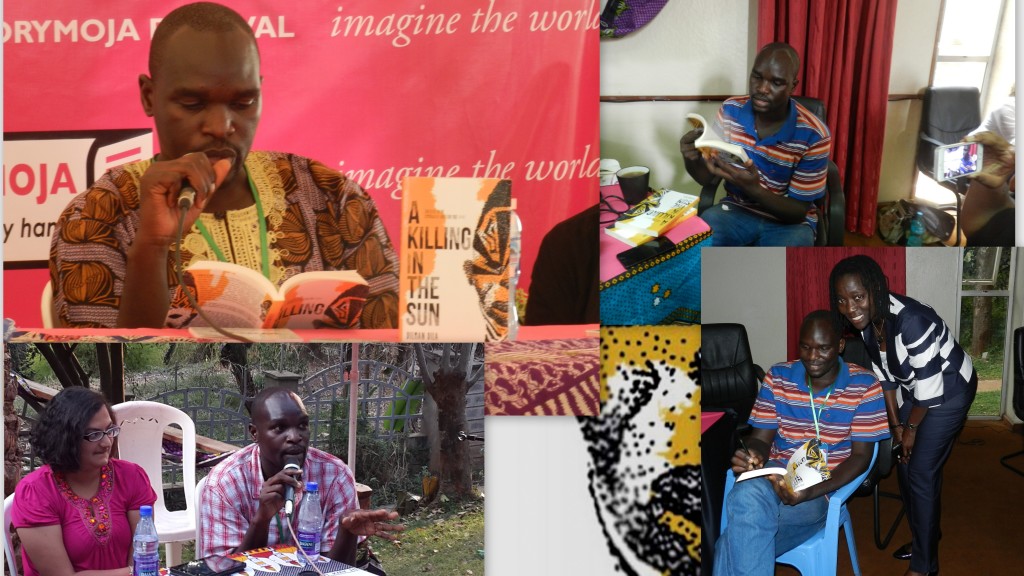
Dilman Dila is a Ugandan writer, film maker, activist and photographer. He recently launched Lawino Magazine, an electronic magazine started by writers to promote writing from Africa.
On Tuesday 23 September, he will be launching his collection of Sci-Fi stories, A Killing In The Sun at National Theatre at 5:30pm. Here is what we talked about:
Writer, film maker, social activist and photographer. Which one do you want to be known for?
It all comes down to storytelling for me. People like to make the distinction but I see it all as telling the story. I am most comfortable with writing because with writing I have full control of everything. Film is a bit tricky because you have to depend on money. Even when it is a low budget film, you have to spend some money. It’s also dependent on technology because there are things you may want to do but cannot do because you lack the appropriate camera or appropriate software or just the human resources to help with certain things. Photography is quite the same.
With writing, you sit at your computer and get the work done. And even without a computer you can still work. I used to hand write my stories until, I think, 2004 and still do so sometimes when there is no electricity.
So when a story comes to you, how do you decide that it is better told as a film or as a short story?
Most times I begin with the medium and not the story. I have never had to choose a story for film or a short story. Normally by the time I write a story I have decided that I am writing for a magazine or that it will be a screen play.
Starting to write for film
There was a time when I was writing but I felt I had nowhere to send my work. That was around 2002. At that time, Nollywood was becoming really popular in Uganda and everybody was watching Nigerian films. I started thinking that that could make me some money because I really wanted to earn a living from my work as a storyteller. At that same time I was working with an NGO that works on women’s rights and they also had a programme where they wanted to use film to disseminate some of their information so the idea of writing for film started at around that time.
Teaching myself how to write short stories had been quite easy but writing screenplays was hard. I had no access to screenplays so I had no idea what they even looked like. I joined an email group and one of the people there was Wanjiru Kinyanjui, a Kenyan film maker. I told her about my desire to write screen plays. She was excited about it and she gave me tips and advice but I did not really follow through with it until 2005 when internet became more accessible.
Luckily for me, in 2005 Maisha opened shop in Kampala and it was a school for screen writers. So I wrote my first screen play specifically for that because I knew that there was somebody that was finally going to read it. They did not take me for the first lab but the second screen play I wrote, Felistas Fable, made it for the second Maisha lab.
I was in touch with Steve Cohen and he liked the story so much that he offered to mentor me. I then taught myself how to shoot movies and I went to Maisha and learnt a bit more on that. They told me I might not make much from just writing screen plays so they encouraged me to direct so I went and bought myself a camera and begun shooting. The following year I went back as a director.
Writing for film in Uganda…
There are people who write movie scripts it’s just not like the other writing (say short stories and novels) that have more professional platforms like newspapers, journals, for prizes etc. Screen writers are sometimes undermined even in the film industry itself because you will find a lot of people shooting films without scripts. They improvise the story as they go along which is why you will find it hard to watch certain films from Uganda because the stories are not properly developed. And because the making of one film involves many people, it is harder for screen writers to shine.
On starting Lawino Magazine as another platform for writers to submit their work…
I thought it would not hurt to add one more Lit Mag. There are quite a number of platforms, yes but sometimes even the frequency of these magazines or journals is not good for the writer. If a writer writes for Kwani? for example, which comes out once a year, then they would have to wait a whole year for them to be published again. At the end of the day, if people are to grow, there should be many options for a writer to send their work. In Europe and the US, there are thousands of magazines some of which are specific to age, genre so people have lots of options. With technology making publishing easy [we did not put it in anything apart from the time we put in as the editorial team on Lawino], hopefully we will get more platforms for publishing.
The response to the submission call…
I was surprised! For the first issue we got about six short stories and about twenty four poems. I did not expect to get all that. I was soliciting stories from people I know and those people did not send anything. I was really surprised when I received work from other people. It showed me that there are lots of people out there who are writing and just want their work to be published. Some of them had already been published elsewhere.
Lawino’s future…
We plan to print anthologies periodically. Print of course involves money which we do not have now but that is a plan. We could possibly do free releases but have adverts within the magazine.
What to look out for in A Killing In The Sun…
This isn’t my first Sci-Fi book but readers are likely to connect more with this one. Being Science Fiction, people have to suspend belief more than they do when they are reading books with concrete realities. The stories go beyond the edge of reality; it’s not impossible for those events to happen.
1000 years ago if someone said people would be talking across continents instantaneously, that would have qualified as fantasy and for some people as witch craft, but we now have mobile phones and it happen. I remember in early 2000s when one of my brothers told me, ‘I can send a letter right now to Canada and it will reach this very minute. And if the person receives it and replies right now I will get it.’ He had just discovered email which was way different from the snail mail he was used to. If I had told him about it before, he would have said it was impossible. So A Killing In The Sun is a lot like that. The themes and the worlds are just a bit outside the boundaries of reality but the issues they deal with are grounded in our world. In the print version, there are 10 stories but more in the e-book.
Sci-fi writers that have influenced you…
It is hard to pick but let me try. Stephen King’s The Tommyknockers inspired one of the stories. Octavia Butler’s Wild Seed whose images have never left my mind. It was also the first Sci-Fi book by a black writer that I read and it was a different experience for me. There is Margaret Atwood, George Orwell’s 1984, HG Wells’ The War of The Worlds and Jules Vern’s Twenty Thousand Leagues Under The Sea. Those were the stories that introduced me to that other world. When Vern was writing Twenty Thousand Leagues Under The Sea he was imagining a submarine but now when you look at it, it might not seem like Sci Fi but at that time they were not there.
Reading that as a boy filled me with imagination. There was a stream where I grew up in Tororo called Mairo Moja that I used to pass on my way to school and I remember thinking, ‘If only I had that guy’s gadget, I would go under that stream and explore things there.’
All the writers you have mentioned are white apart from Octavia Butler. Are there other Africans writing Sci-Fi? Do you think readers are ready for African Sci-Fi?
There are quite a few of them. There is a book of Amos Tutuola that I read when I was younger. He is mostly known for Palm Wine Drinkard but I read Feather Woman of The Jungle which stuck with me. I remember even trying to write a story like that. Most recently, there is Nnedi Okorafor.
Are we ready for Sci-Fi? We have been telling Sci-Fi/fantasy/magical realism for ages. Most of our folktales are steeped in fantasy. There is a folktale in Acholi about a rock that falls from the sky and buries a group of dancers which could translate to aliens and space ships. There is another story, Awili, where a girl marries a very handsome man who transforms into a beast that wants to eat her which is almost the same as present day presentation of werewolves. There is also Kila and Lapogo where a woman turns into a hyena at night to drink people’s blood which combines a werewolf and vampire story. Even our own legends like Gipir and Labong about a guy who goes in the forest to look for a spear which is basically a fantasy quest. The Luo have the one of Lwanda Magere, a man made of stone which is superhero kind of story like Iron Man. There is the one from Buganda of a man who could fly and shoot arrows from the sky and that he killed a lot of Banyoro in war.
So maybe our education has taught to look at our folktales as stories we can not value and yet we have been telling them all this time.
Why Sci-Fi…
It’s a boyhood thing that stuck. As a kid, there was a certain curiosity that you get taken up with. I started reading those stories when I was still in primary. I used to like folktales a lot and sometimes I would be disappointed if I would read a book and find that there was no fantastical element to it. I wanted to read about the Lwanda Magere’s, African super heroes but most of the books did not have them. Also, my father was a newspaper agent so I had exposure to things like comics which I enjoyed immensely.
Have you shot any Sci-Fi movies?
No but I hope to do one when resources allow. I tried to make horror films but people just laughed because they were not really horrifying. The monsters were not convincing in their depiction as monsters. That’s the thing with these kinds of movies. It can go very differently from how you hoped it would. I think though that now with my experience I can try and pull something off. Maybe I will do it. It might need more money but just a lot time. Even the actors would need to adjust their thinking because it would present challenges a bit unlike from the ones they usually have.
Have you made money from your writing? Is this something we should pursue?
I have been surviving on film since 2008. Earning from my other work as a writer is a bit tricky but it is not impossible especially for genre fiction.
You can also make money by publishing your work online in forms of e-books. The cost of production is minimal and most publishers will give a writer about 60% from the sales so if the book becomes a hit, you can make some money.
That said, making money is not a goal you can achieve in the short term. I see even successful writers end up doing something else like teaching, to supplement their income.
For writers just starting out…
You should not fear to submit your work to as many platforms as possible. That is what got me going. There are several magazines online to which you can submit. Some of them pay, while others don’t and if you want to get into the habit of writing, you just set out to write for different platforms and send your work. Even if you do not get accepted, it will help you to practice and eventually get better. I think most writers get attached to one story and when it does not make it, they fail to move on to write other things.
Other writers try to go for novels first, which I did also (I think I have written six novels that I have never published) but it takes a much longer time which means you are stuck with one story for a long time. I think that limits your ability to create stories but when you write more stories, you sort of train your brain to create.
Thanks a lot, Dilman for this interview!


